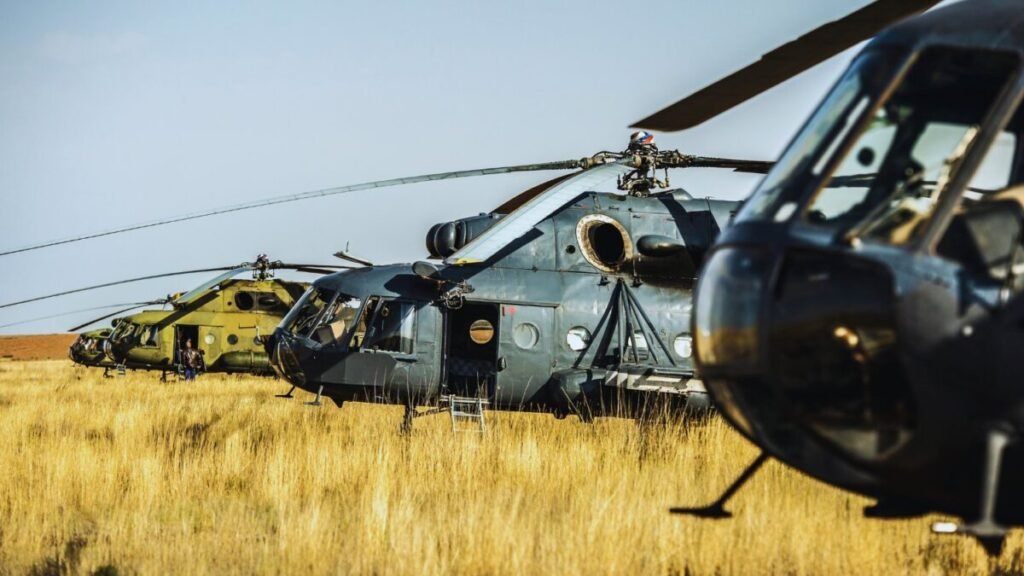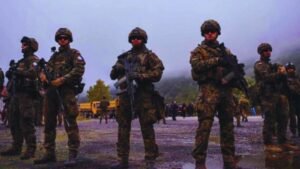Falklands as a strategic warning. What the US and Asia must learn from a possible clash over Taiwan.

The 1982 South Atlantic seems distant from today’s dilemmas. Yet a recent report warns that lessons from the Falklands conflict could be crucial if the US were to face a scenario involving Taiwan and a North Korean offensive in Korea.
Falklands and the management of invisible support

The victory was sustained by practical support, not written treaties. Access to Ascension Island, US aerial logistics, satellite intelligence, and European sanctions were crucial. France halted arms sales, while Chile discreetly provided radar coverage. All decisions made at critical moments.
Possible echoes in the Indo-Pacific
Transferred to Asia, the focus is on coordinating material and logistical support. The recommendation is clear: preauthorize the use of ports and airfields, store fuel and ammunition in strategic enclaves like Guam, Okinawa, and Busan, and shift to a real-time integrated intelligence system.
The role of external actors and narrative

Chile acted as a silent partner; in Asia, Singapore, Australia, or the Philippines could play a similar role by offering alternative bases and indirect support. International narrative becomes a weapon: London capitalized on sanctions and diplomatic backing in 1982 to strengthen its legitimacy.
The report’s conclusion is clear: alliances matter even without legal frameworks, as long as there is political will and logistical preparation. For the US and its Asian partners, the Falklands conflict serves as a blueprint for what could make a difference in a simultaneous crisis in Asia.







